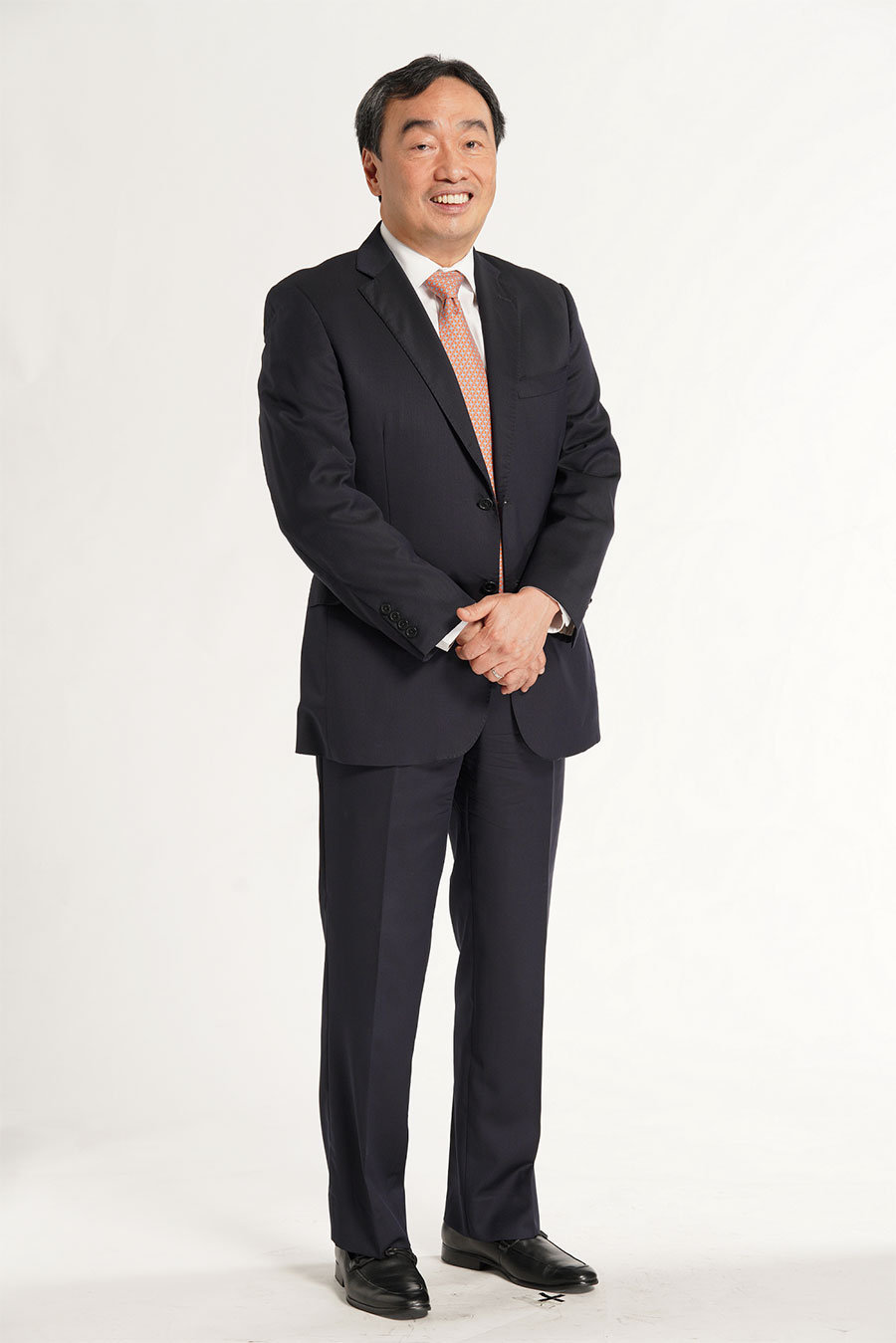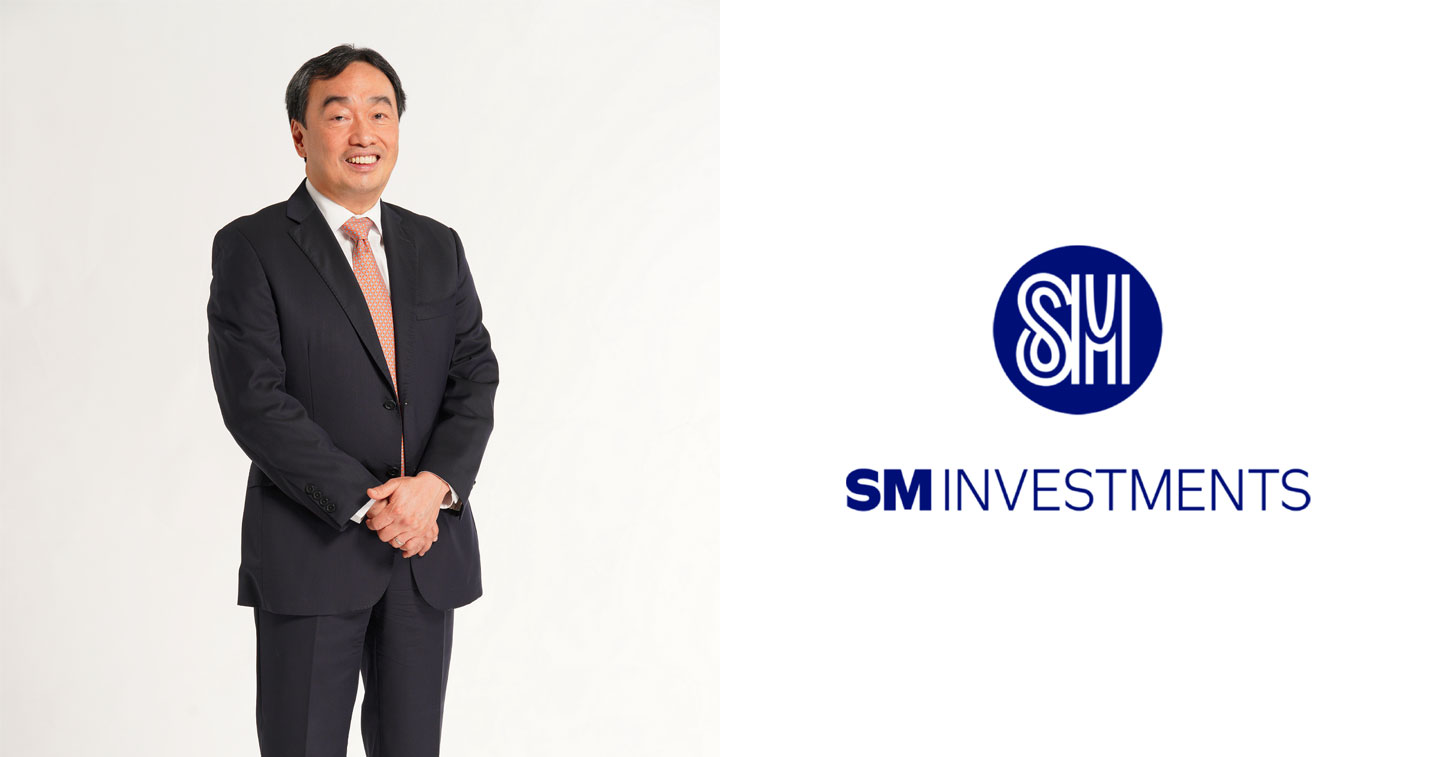MANILA, PHILIPPINES – World leaders recently gathered in Egypt for COP27 to push forward on the global initiative to deal with the climate crisis. As the world population hits a record eight billion, the stakes are higher to ensure a sustainable and resilient future for the coming generations. With the Philippines being a staunch supporter of the 2015 Paris Agreement and committed to reducing local GHG emissions by 75% (mostly conditioned on external aid to cut emissions), SM Investments Corporation convened the “Sustainability Forum PH 2022” at the Conrad Manila in Pasay City. In partnership with WWF Philippines, it rallied the business community to be “United for Climate.”
Frederic DyBuncio, President and CEO of SM Investments highlighted the Filipino’s capacity for sustainable growth. “As the world approaches the tail end of the pandemic, businesses are optimistic about sustaining the post-pandemic rebound. While this positive outlook may result in better conditions for businesses and the job market, we need to take a broader view of our resilience strategy if we are to bounce back better for the long term,” he pointed out. The key to this success will be economic and societal resilience, learning from the disruptions caused by the pandemic, and putting in place plans for the sustenance of the national environment.

With the Philippines straddling the Typhoon Belt, there is a pressing need to swiftly implement a climate mitigation roadmap. Aligned with the discussions at COP27, Frederic highlighted “the need for a robust ecosystem to sustain developing countries through the devastating impact of climate change.” And this is where the SM Group is focusing its forward-thinking initiatives.
Frederic said, “We have ingrained resiliency in our culture – dedicating 10% of our capital expenditure or CAPEX to incorporate disaster resiliency and sustainability in our infrastructure designs, equipping our people and communities in disaster preparedness and advocating for disaster resiliency among local governments and international communities.”
The conglomerate’s property arm, SM Prime Holdings, Inc. is leading the charge within the group.
Looking beyond SM’s campaign for a more sustainable future for the Filipino people, Frederic outlined the need to correct the perception that global issues only have a limited or isolated impact on a Philippine context. Climate change is not one of them, as it increases the “risk of biodiversity loss, natural resource crisis, and human environmental damage.” The SM Group hopes to play an important role in curtailing “the devastating societal impacts that will weigh heaviest on the most vulnerable of communities.” At the core of this is signing on to the Task Force for Climate Related Financial Disclosures (TCFD), where SM will be “assessing its risks and taking practical steps to reduce its impact by shifting to renewable energy sources to power its operations, among other actions.”
“We urge that we look at our climate agenda through the lens of the Philippines’ agenda and the realities that Filipino businesses and local communities face every day,” Frederic said. As the prime movers continue to shape the Philippine economy, the goal is to also change the Filipino’s future and its people into a more climate-resilient one.








